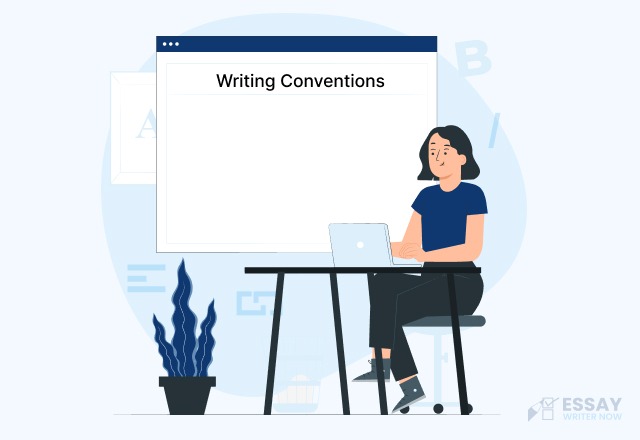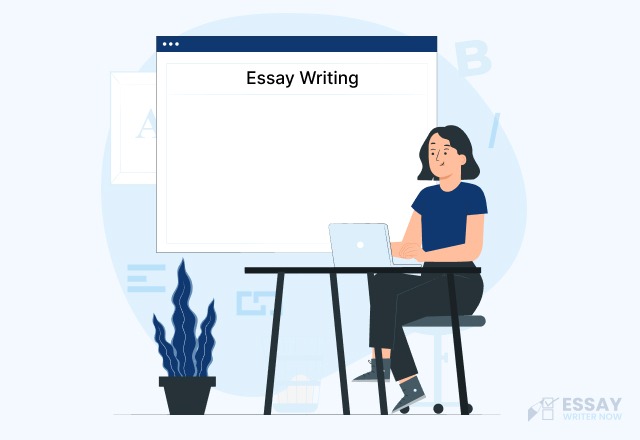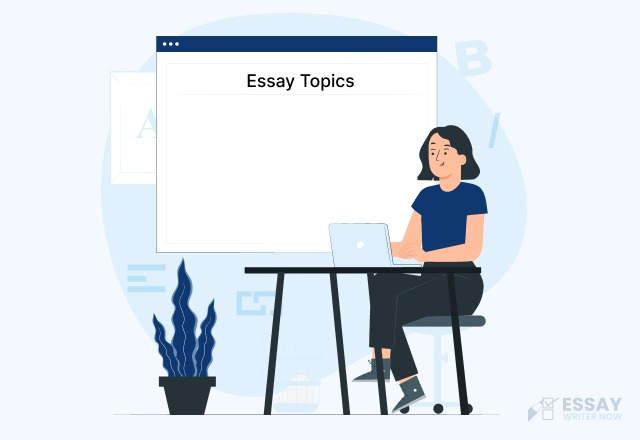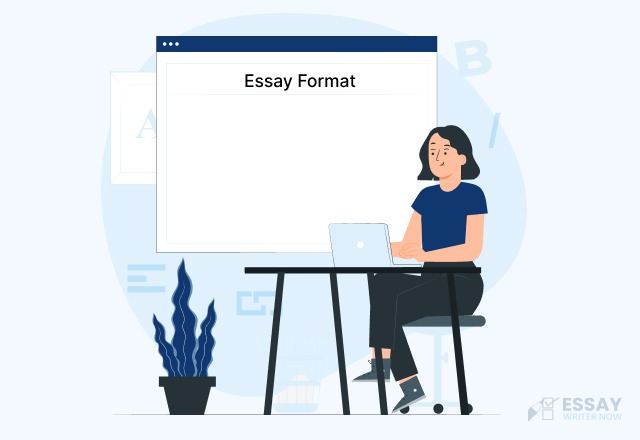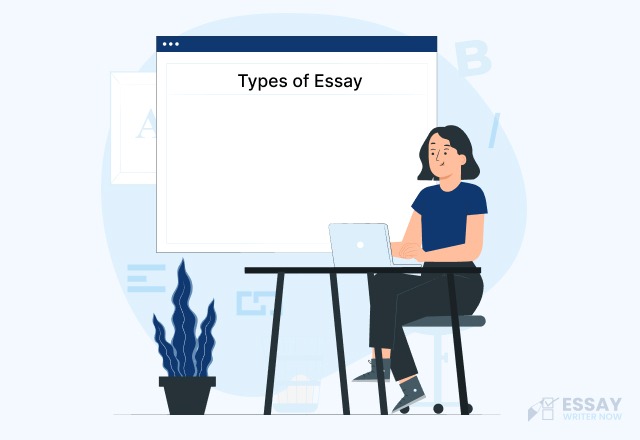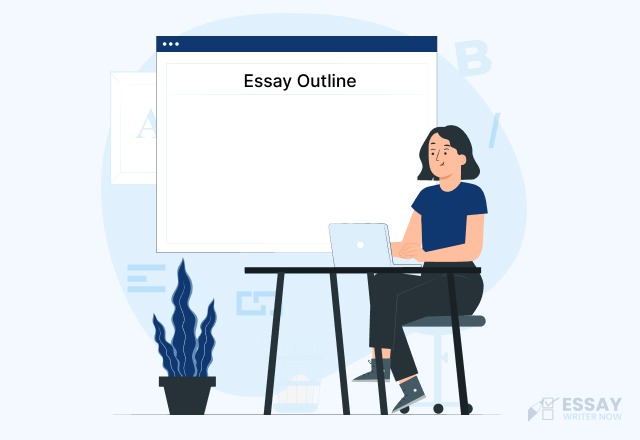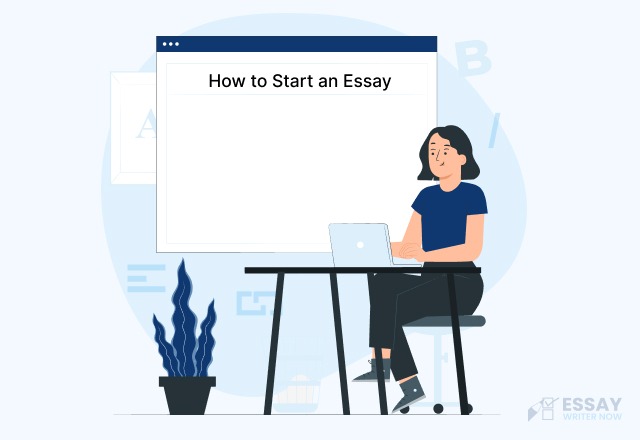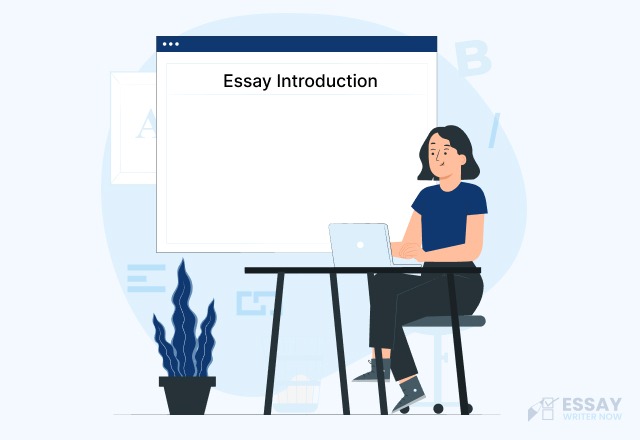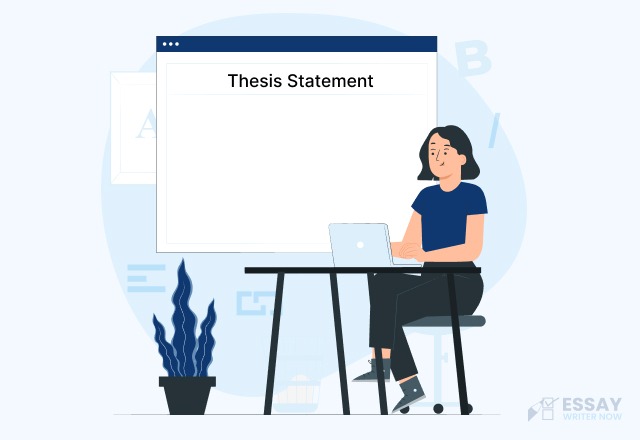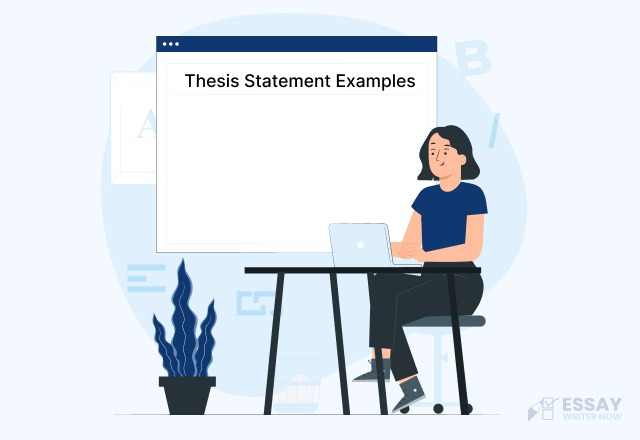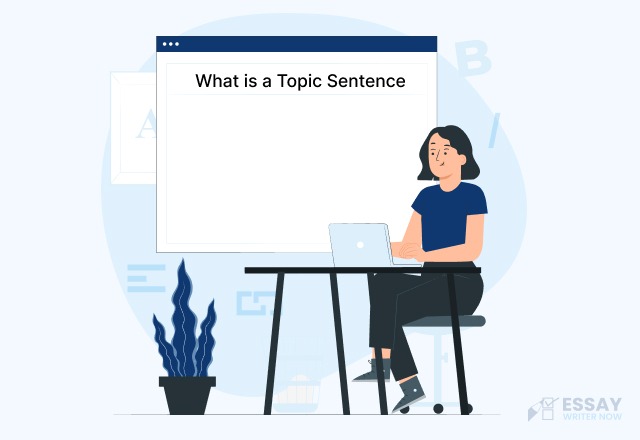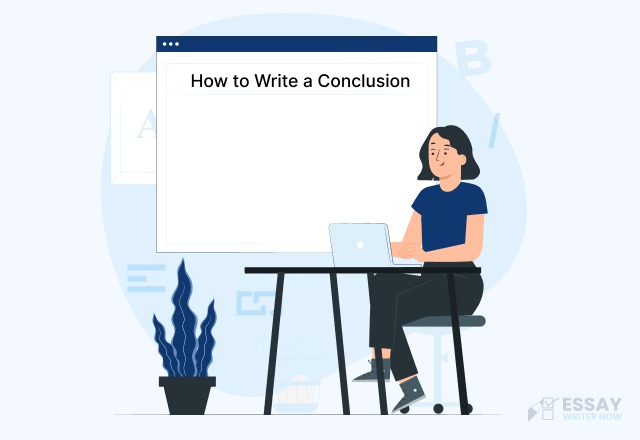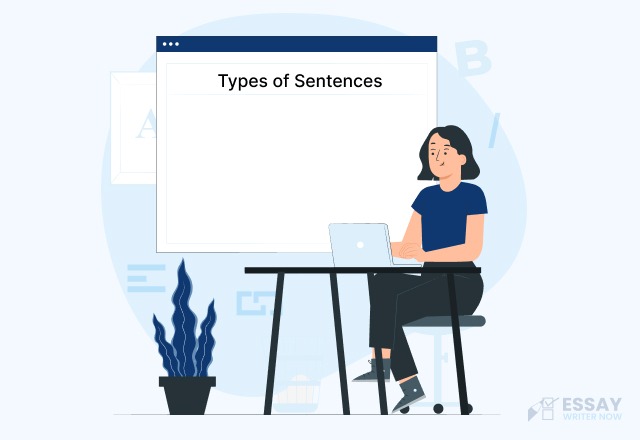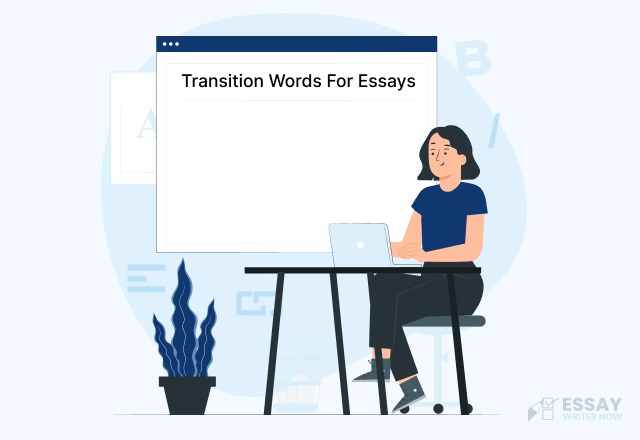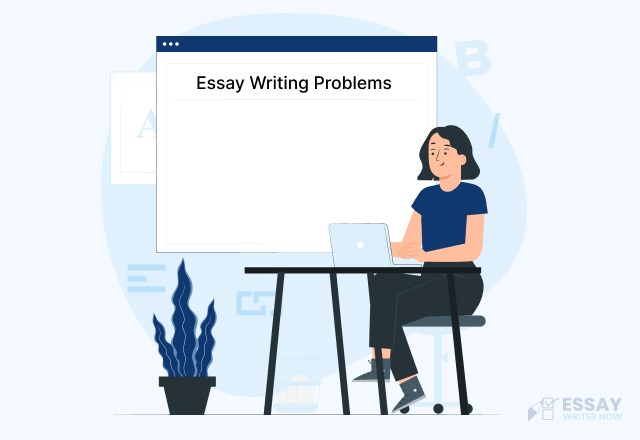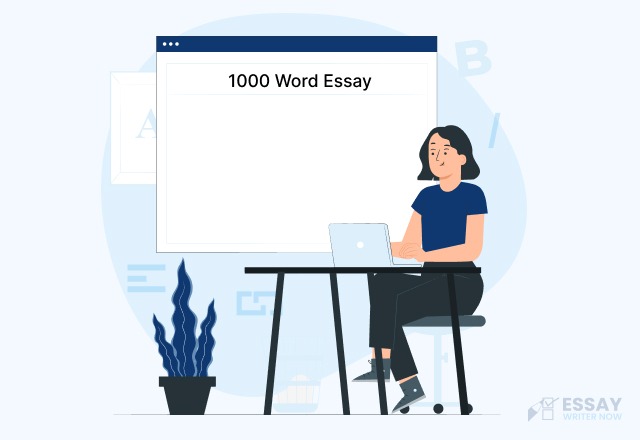Definition of Writing Conventions
Conventions are commonly used in writing to assist readers in understanding the text. Conventional elements are typically actions you can take to make your work more understandable to readers. It assists readers in understanding how parts connect so they don't get lost in the middle of a sentence without understanding anything beforehand.
There are several writing conventions that can be used to make your message more understandable to readers. Teachers may not be as strict about writing conventions in middle school, but this is no longer the case.
Grammar and sentence structure are important parts of what we learn in high school and college because they will help you succeed in the future.
It's not surprising that students who have a hectic schedule and a mountain of homework complain about their classes. They are even more stressed when they need words in their assignments to convey their message properly.
However, knowing the rules and conventions written in the English language is essential so that your writing makes sense.
The Importance of Writing Conventions
Writing conventions show the importance of what they're reading. If you write with errors, no one will be able to read it properly and understand your point of view. Also, since school exams are graded according to your writing skills, you must learn these conventions.
Using proper writing conventions is not only a skill that children will need throughout their school years; it is also essential for adult success. It demonstrates the significance of following proper writing conventions throughout your career and helps you omit frequent essay writing problems.
Common Writing Conventions 2024
Convention teaches students techniques that they can use in any writing situation. Knowing how dialogue works, for example, will help your child write more interesting stories with interesting characters.
Academic writing conventions, such as grammar, punctuation, and spelling, are essential for essay writing and other types of papers. They each serve a unique purpose, and you should learn to produce high-quality work.
Here's a detailed explanation of each writing convention:
Spelling
Every child is like a sponge, soaking up new knowledge and skills from their surroundings. Children learn to spell at a young age, whether they realize it or not!
Children who want to get a good grade on their papers should pay close attention to spelling. Spelling is a crucial writing convention. Students divide words into syllables and arrange them alphabetically.
It has a significant impact on your grades, so be cautious with the letters!
Punctuation
Punctuation is the lifeblood of written language. Without it, we would be lost in a sea of unconnected thoughts. This is important because it helps us know when and where pauses are needed to read more closely for meaning in between words or sentences.
The reading is not as engaging when there's no punctuation. It becomes difficult to tell whether a pause was intentional or just happenstance, which makes it more difficult for readers and writers alike in their writing processes.
Capitalization
Capitalization is important because it helps to shorten long sentences and make words easier to remember over time. Proper names, titles, phrases, or acronyms all take up less space while being properly emphasized by capital letters at the start of each word. Capitalization rules are a simple system to follow. Once learned, students will not face any difficulty using them.
Grammar
Grammar is how we change word structure so that it can be coherent and understandable. Learning grammar is like speaking in the right tone. Remember that writing and speaking are two different things when it comes to grammar.
The use of time should be consistent within your writing, and you must also know how to talk about the present, past, or future tense. Otherwise, readers might get lost when reading what happened at different points in history or events!
So, whether you want to title an essay or write an extensive paper, these writing conventions will help you in all forms of writing.
Writing Conventions for Different Genres
Writing conventions vary significantly across different genres, each having distinct characteristics, structures, and stylistic choices.
Narrative Writing Conventions
Narrative writing aims to tell a story or share an experience, often with the purpose of entertaining, informing, or inspiring readers. Key features of narrative writing include a structured plot with a beginning, middle, and end, along with well-developed characters who drive the story.
The setting, which includes the time and place of the story, is often richly detailed to create a vivid backdrop. Narratives are typically written from a first-person (I, we) or third-person (he, she, they) perspective, allowing the writer to explore various points of view.
Themes, or underlying messages, are woven throughout the narrative, providing depth and meaning. Conflict is a central element, creating tension and driving the plot forward until a resolution is reached. Descriptive language, dialogue, and varied pacing are essential stylistic elements that enhance the storytelling and keep readers engaged.
Persuasive Writing Conventions
Persuasive writing is designed to convince the reader to adopt a particular viewpoint or take a specific action. It begins with a clear and concise thesis statement that outlines the writer's position.
The body of persuasive writing presents logical arguments supported by evidence, including facts, statistics, examples, and expert opinions. Addressing and refuting counterarguments strengthens the writer's position by demonstrating an understanding of opposing views.
The conclusion restates the thesis, summarizes key points, and often includes a call to action. Persuasive language is assertive and employs rhetorical devices such as ethos (credibility), pathos (emotional appeal), and logos (logical reasoning). The tone is typically formal and authoritative, aiming to build credibility and convince the reader of the argument's validity.
Letter Writing Conventions
Letter writing conventions vary depending on the context, but they generally include a heading, salutation, body, closing, and signature. The heading includes the writer's address and the date, while the salutation is a greeting to the recipient, often formal in nature (e.g., "Dear Mr. Smith").
The body of the letter is the main content, organized into clear paragraphs. The closing is a polite sign-off, such as "Sincerely" or "Best regards," followed by the writer's signature. In professional letters, the signature may also include the writer's title and contact information.
The tone of the letter can be formal or informal, depending on the relationship with the recipient. Clarity and conciseness are crucial, particularly in business correspondence, and the language should be respectful and courteous.
Instructional Writing Conventions
Instructional writing provides clear, step-by-step guidance on how to perform a task. It typically begins with a title that clearly indicates the task or process being explained. An introduction offers a brief overview of the task's purpose and any necessary background information.
A list of materials or ingredients required to complete the task follows. The main body consists of numbered or bulleted steps presented in sequential order. A conclusion may include final remarks, tips, or troubleshooting advice.
Clarity and precision are essential in instructional writing to avoid misunderstandings. The imperative mood, using direct commands (e.g., "Cut the paper," "Mix the ingredients"), is commonly used. Visual aids such as diagrams, pictures, or charts often supplement the text, enhancing understanding.
Format Writing Conventions
Format writing, often used in academic and professional contexts, adheres to specific guidelines for structure and presentation. Common elements include a title page with the title, author, institution, date, and other relevant information, and an abstract.
Headings and subheadings are used to organize the content and improve readability. Properly formatted in-text citations and a reference list or bibliography are essential to give credit to sources.
Appendices may include additional material that supports the main text. Consistent formatting according to style guides such as APA, MLA, or Chicago is crucial. The tone is formal and objective, and the structure is logically organized to ensure a clear flow of ideas.
Writing Convention Checklist
Checklists are essential to make sure your writing is good. They include:
General Writing Conventions
- Grammar and Spelling: Ensure proper grammar and correct spelling throughout the text.
- Punctuation: Use appropriate punctuation marks to enhance readability.
- Clarity: Write clear and concise sentences to convey your message effectively.
- Coherence: Ensure ideas flow logically from one to another.
- Consistency: Maintain a consistent tone and style throughout the piece.
- Audience: Tailor your language and content to suit your intended audience.
Narrative Writing Conventions
- Plot Structure: Have a clear beginning, middle, and end.
- Character Development: Create well-rounded characters with distinct personalities.
- Setting: Provide detailed descriptions of time and place.
- Point of View: Maintain a consistent perspective (first-person, third-person, etc.).
- Theme: Develop an underlying message or main idea.
- Conflict and Resolution: Introduce and resolve central conflicts.
- Descriptive Language: Use sensory details to create vivid images.
- Dialogue: Write natural and purposeful conversations between characters.
Persuasive Writing Conventions
- Thesis Statement: Present a clear, concise assertion of your position.
- Arguments: Structure logical reasons supporting your thesis.
- Evidence: Include facts, statistics, examples, and expert opinions.
- Counterarguments: Address and refute opposing viewpoints.
- Conclusion: Restate the thesis and summarize main points, including a call to action.
- Persuasive Language: Use strong, assertive language and rhetorical devices.
- Emotional Appeals: Connect with the reader’s emotions to strengthen your argument.
- Formal Tone: Use professional and authoritative language to build credibility.
Letter Writing Conventions
- Heading: Include your address and the date.
- Salutation: Begin with a formal or appropriate greeting.
- Body: Organize content into clear paragraphs.
- Closing: Use a polite sign-off (e.g., "Sincerely," "Best regards").
- Signature: Add your name and, if applicable, your title and contact information.
- Tone: Adjust the formality of your tone based on the relationship with the recipient.
- Clarity and Conciseness: Use clear and direct language.
- Politeness: Maintain respectful and courteous language throughout.
Instructional Writing Conventions
- Title: Clearly indicate the task or process being explained.
- Introduction: Provide a brief overview of the task’s purpose and background.
- Materials List: List all items needed to complete the task.
- Steps: Present instructions in numbered or bulleted sequential order.
- Conclusion: Offer final remarks, tips, or troubleshooting advice.
- Clarity and Precision: Use straightforward language to avoid misunderstandings.
- Imperative Mood: Use direct commands (e.g., "Cut the paper," "Mix the ingredients").
- Visual Aids: Include diagrams, pictures, or charts to supplement the text.
Format Writing Conventions
- Title Page: Include title, author, institution, date, and other relevant information.
- Abstract: Provide a brief summary of the content.
- Headings and Subheadings: Organize sections to improve readability.
- Citations and References: Properly format in-text citations and a reference list.
- Appendices: Add additional material that supports the main text if necessary.
- Consistent Formatting: Adhere to style guides (e.g., APA, MLA, Chicago).
- Formal Tone: Use professional and objective language.
- Logical Organization: Ensure a clear and logical flow of ideas.
In conclusion, mastering the conventions of essay writing is crucial for both academic and professional success. By paying attention to grammar, spelling, punctuation, word choice, sentence structure, and organization, students can significantly improve their writing skills.
Remember, the key to excellent writing lies in understanding and applying these essential conventions consistently. As you continue to practice and refine these skills, you'll find that writing becomes not only easier but also more enjoyable.
If you need help when writing essays, try getting in touch with an expert essay writing service.
